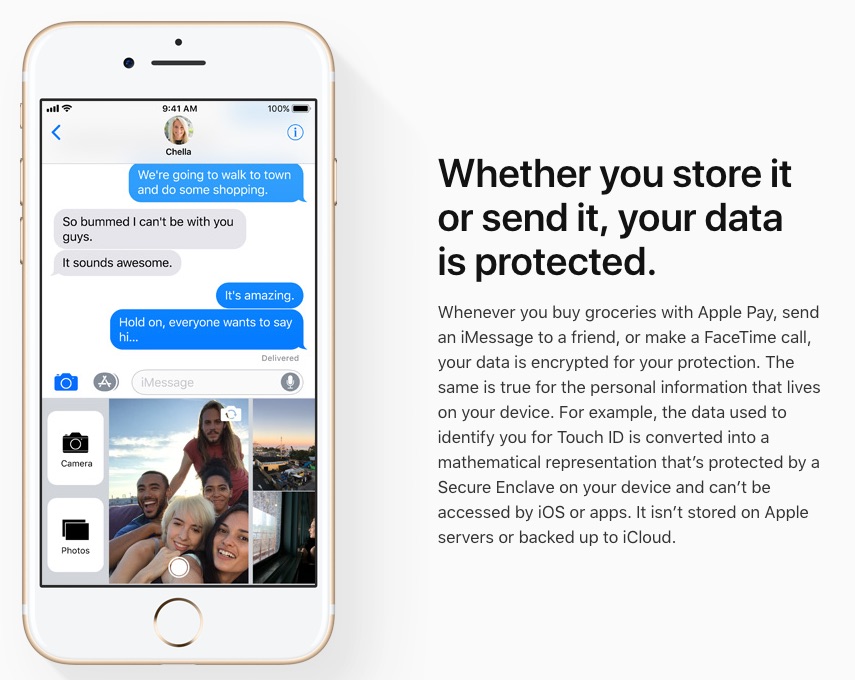The United States and the other “Five Eyes” countries are urging tech companies to build “backdoors” into their encrypted apps and services that will allow the countries to break the encryption in order to access users’ personal data.
The statement follows a meeting held last week among the “Five Eyes” intelligence sharing countries, which includes the United States, the United Kingdom, Canada, Australia, and New Zealand. The meeting took place from August 28 to August 29 on Australia’s Gold Coast. The meeting focused on cyber security, counter-terrorism, and countering violent extremism.
The published memo claims that using such backdoors to allow the access of encrypted data would respect personal rights and privacy, and would be limited to criminal investigations by law enforcement.
“Privacy laws must prevent arbitrary or unlawful interference, but privacy is not absolute. It is an established principle that appropriate government authorities should be able to seek access to otherwise private information when a court or independent authority has authorized such access based on established legal standards. The same principles have long permitted government authorities to search homes, vehicles, and personal effects with valid legal authority.”
The group claims the “increasing use and sophistication of certain encryption designs” makes it difficult for law enforcement and security agencies to battle crime and threats to national security, as the same encryption that protect citizens’ data also protects that of criminals and terrorists.
“Privacy laws must prevent arbitrary or unlawful interference, but privacy is not absolute,” the statement reads. “It is an established principle that appropriate government authorities should be able to seek access to otherwise private information when a court or independent authority has authorized such access based on established legal standards. The same principles have long permitted government authorities to search homes, vehicles, and personal effects with valid legal authority.”
Governments such as the U.S. and the U.K. have long argued that encrypted messaging apps such as WhatsApp, Telegram, and Apple’s iMessage provide a “safe haven” for criminals and terrorists, as no one, not even the companies that created the services, can read the data.


